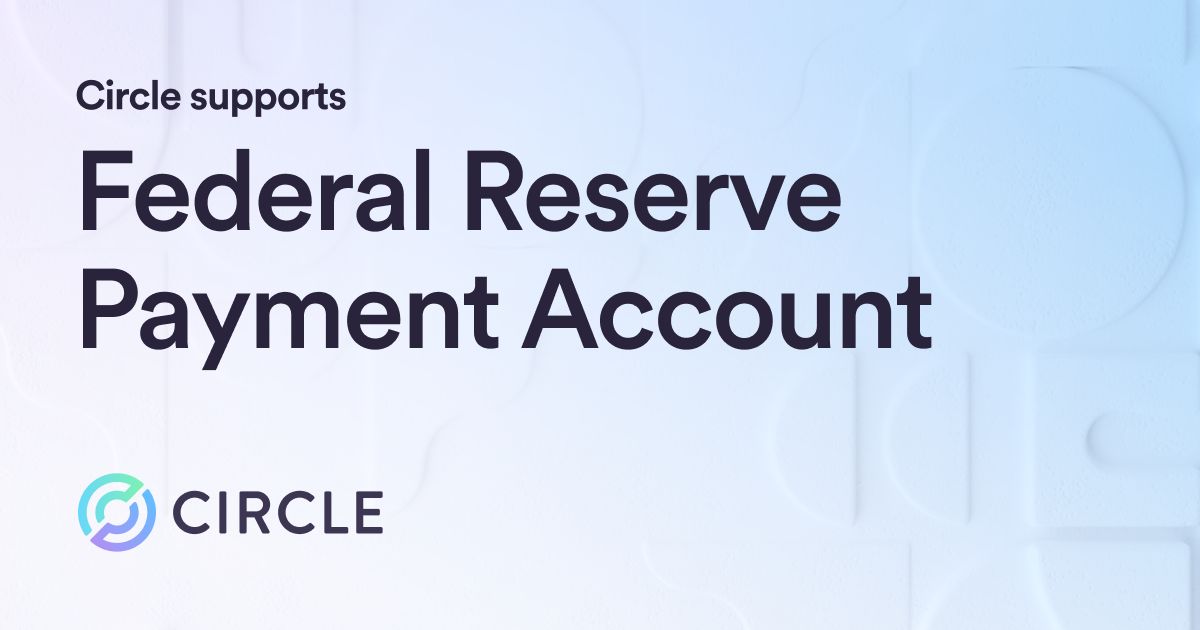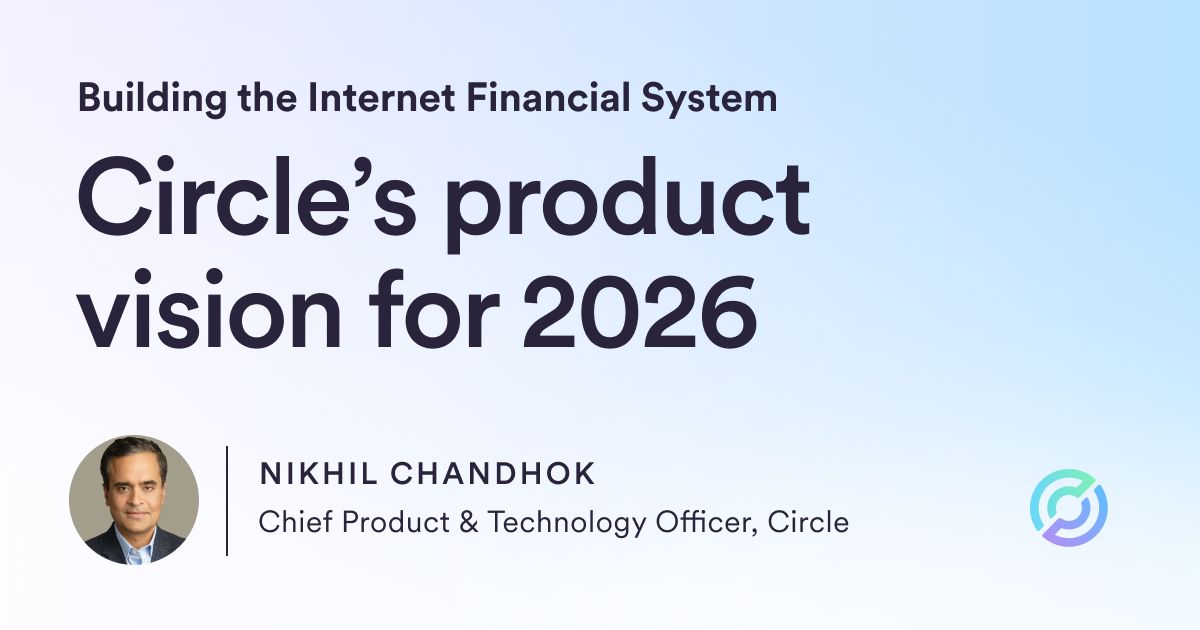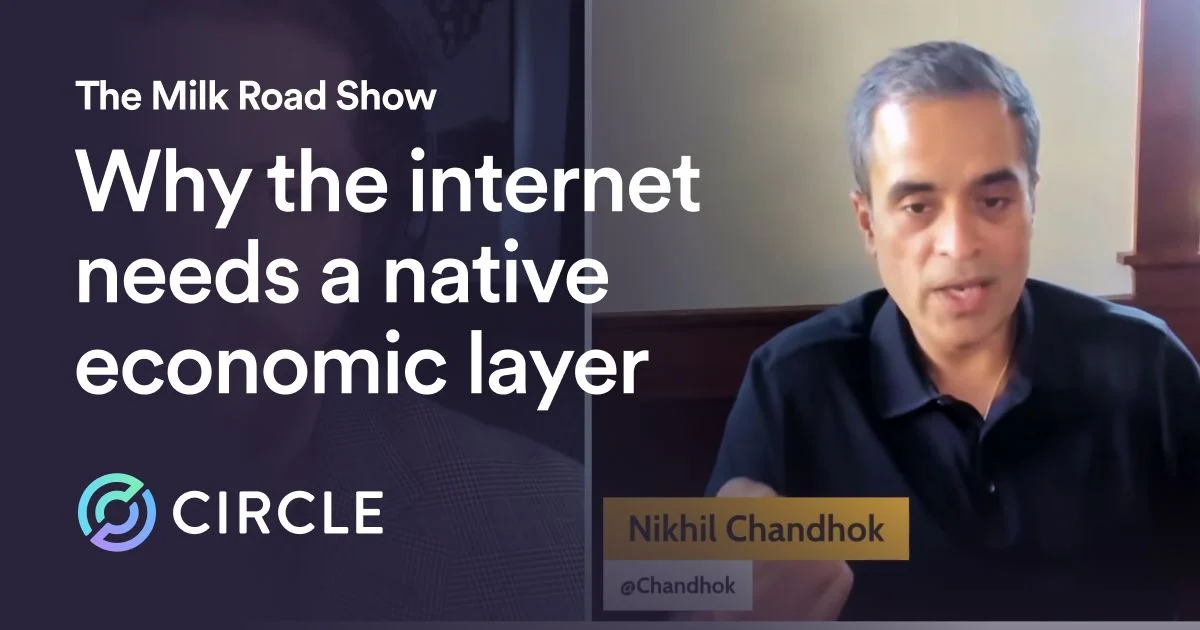Circle’s CSO and Head of Global Policy spoke to bipartisan Members of Congress on the urgent need to pass payment stablecoin legislation. Learn more.

A key committee in the U.S. Congress on Wednesday (April 19) held a hearing on the important role payment stablecoins are playing in the global economy and the need for comprehensive legislation to unlock the full value of payment stablecoins.
The hearing, entitled “Understanding Stablecoins’ Role in Payments and the Need for Legislation,” was before the House Financial Services Committee’s Subcommittee on Digital Assets, Financial Technology and Inclusion. Circle Chief Strategy Officer and Head of Global Policy Dante Disparte was among the leaders testifying. (His written testimony is available here.) As Mr. Disparte noted in the hearing,
When compared to virtually all other payment innovations to date, which have been about marginal improvements in debit and credit instructions and settlement speeds, payment stablecoins like USDC transmit a dollar-denominated form of electronic cash. Internet scale, near-instant dollar settlement, which will over time approximate the transactions per second of the world’s largest payment systems, is a critical innovation that advances both U.S. economic competitiveness and national security interests in lockstep. This holds the promise to be a breakthrough in how people send, spend, save and secure their money in digital form to any internet connected device. Over time, provided national regulatory frameworks fall into place, a form of digital dollars can emerge enjoying legal certainty, internet-scale transmissibility, fundamental protections - including redemption rights at par even in the issuers’ bankruptcy, privacy - rule of law and other critical features. The only way to achieve this is for Congress to enact comprehensive payment stablecoin legislation.
Below are additional highlights from the hearing.
House Financial Services Committee Chairman Patrick McHenry (R-NC) said he will work in a bipartisan manner to pass payment stablecoin legislation. “[C]onsumer interest is not served by us not acting. We need to have a federal regulatory regime for stablecoins. It is important for us internationally and domestically, and it is very important that we have the understanding on a bipartisan basis, the utility and importance of this legislation.”
House Financial Services Committee Ranking Member Maxine Waters (D-CA) said she understands the importance of moving “very quickly” to pass payment stablecoin legislation. “I agree with most of our panel that we should move very quickly to establish a stablecoin bill and get that legislation going.”
The Chairman of the Subcommittee on Digital Assets, Financial Technology and Inclusion, Congressman French Hill (R-Ark.), says there is “unanimity” on the need for a comprehensive framework for payment stablecoins. “I want to thank our witnesses for being an excellent panel today. I thought the conversation was very helpful to clarifying the direction to take on stablecoin legislation. I certainly have heard unanimity from the panel that a regulatory framework from Congress is something that would benefit the US economy and U.S. inventors and consumers.”
Circle Chief Strategy Officer and Head of Global Policy Dante Disparte talks about how UNHCR is leveraging payment stablecoins and blockchains to help refugees.
“One of the most powerful examples is a very recent one, which is our partnership with the United Nations High Commissioner for Refugees (UNHCR). Circle, together with Stellar and Moneygram helped design a digital cash assistance program for Ukrainian refugees. This program worked in a manner that no other alternative payment system could have supported, which is that – if you think of the way that we as a country move foreign aid today or disaster assistance, it is pallets of physical cash, which are literal honeypots for corruption, bribery or fraud. The idea that you have device-centric money that is corruption resistant, near-instant, and auditable is a very powerful feature, and the dollar-denominated stablecoin in this case, USDC, is the payload that supports that innovation.”




